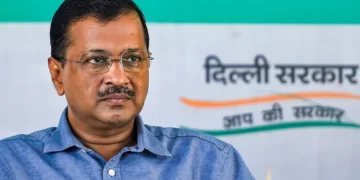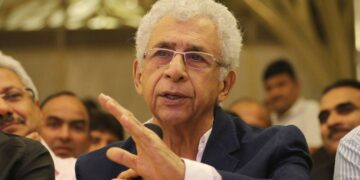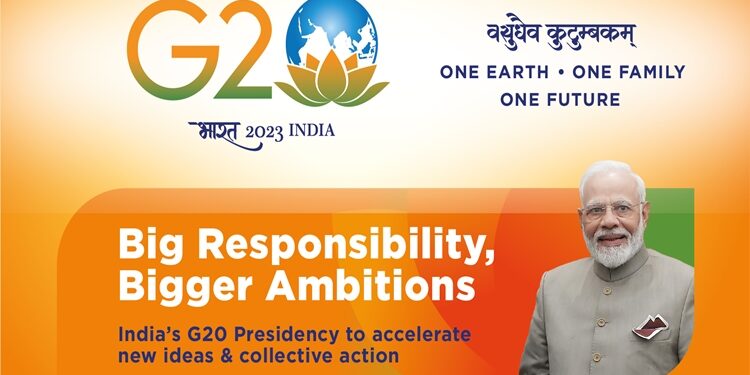India’s assumption of the presidency of the G-20 in 2023 marks a significant milestone in the country’s journey towards greater participation in global economic governance. Having been a member of the G-20 since its inception in 1999, India has actively participated in the group’s meetings and initiatives, but now has the opportunity to shape the agenda of the world’s largest economies. With a focus on sustainable development, digital transformation, and climate change, India is expected to prioritize issues related to inclusive growth and job creation, which are critical for developing countries. During India’s G-20 presidency, the country has expressed its commitment to working with other members to ensure a robust and resilient global economic recovery in the wake of the COVID-19 pandemic. The country is expected to push for increased cooperation among G-20 members to address the challenges posed by the pandemic and to promote greater collaboration in the areas of healthcare and vaccine distribution.
One of the central issues on the G-20 agenda during India’s presidency is the energy transition. The shift from fossil fuels to renewable energy, concerns about energy security, and pressure to meet commitments related to tackling climate change have made the geopolitics and governance of energy immensely challenging. An independent task force initiated by Gateway House in October 2022 seeks urgently to find ways to provide energy access, security, and affordability. This requires resolving conflicts between short- and long-term energy targets, addressing energy disruptions caused by the Covid-19 pandemic and the Ukraine-Russia conflict, and using creative financing to accelerate the development and adaptation of renewable technologies and new business models utilizing these technologies.
The G-20 has a key role to play in advancing solutions to these challenges. A possible game-changer could be the creation of a Global Climate Finance Agency, which could help to better integrate and drive the global climate agenda. The agency could be required to reduce hedging costs to lessen a significant risk that green project developers face and to insure large clean energy projects against potential losses brought on by issues like the failure of public utilities to fulfill their supply and payment responsibilities. This is a persistent issue in developing countries, including India. India’s G-20 presidency presents a unique opportunity for the country to play a leadership role in global economic governance and to advance its interests and those of other developing countries. With a focus on issues related to sustainable development, digital transformation, and climate change, India can prioritize issues related to inclusive growth and job creation, which are critical for developing countries. In addition, India can work with other G-20 members to ensure a robust and resilient global economic recovery in the wake of the COVID-19 pandemic. Finally, India can advance solutions to energy transition challenges by supporting the creation of a Global Climate Finance Agency, which could help to integrate and drive the global climate agenda. The G-20 has a critical role to play in promoting sustainable development and economic growth, and India’s leadership in the group can help to shape a more inclusive and prosperous global future.























